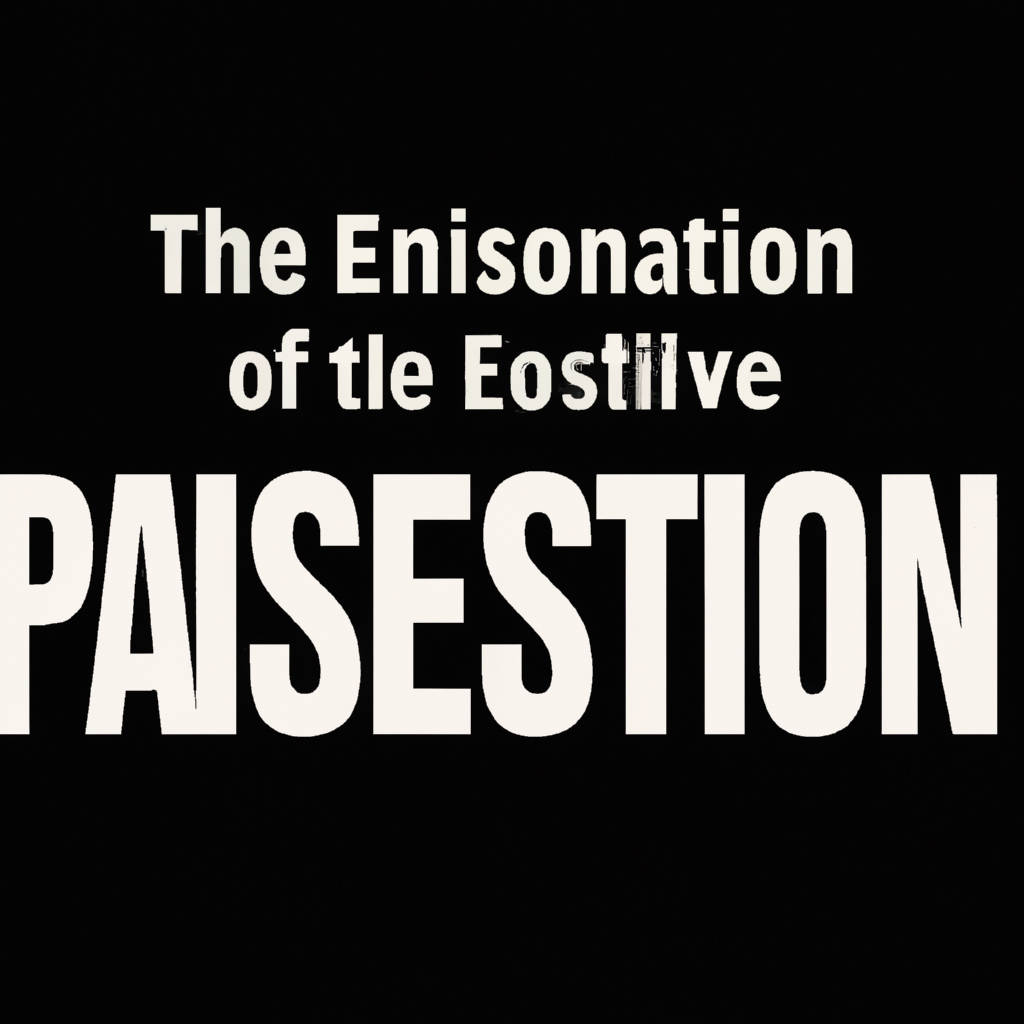Mel Gibson’s announcement of a sequel to his controversial film, The Passion of the Christ, has divided audiences and critics alike. While some are eager to see how the story of Jesus continues in the sequel, others are skeptical of Gibson’s ability to handle such a sensitive subject. The original film faced criticism for its graphic depiction of Jesus’ crucifixion and allegations of anti-Semitism, so it’s no surprise that the news of a sequel has sparked debate. Some argue that a sequel could provide a fresh perspective on the story of Jesus and his teachings, while others worry that Gibson may once again cross a line in his portrayal of religious figures. Regardless of where one stands on the issue, it’s clear that Gibson’s Passion of the Christ sequel is sure to be a hot topic of discussion for some time to come.
More on The Passion of the Christ: Resurrection
“The Passion of the Christ: Resurrection” is a highly anticipated sequel to the original film that depicts the final hours of Jesus Christ’s life. This new installment focuses on the miraculous event of Jesus rising from the dead, a cornerstone of Christian faith and belief. The film delves into the aftermath of Christ’s crucifixion and burial, exploring the reactions of his disciples, followers, and enemies to the news of his resurrection.
The story is a powerful portrayal of hope, redemption, and the triumph of good over evil. Director Mel Gibson has once again delivered a visually stunning and emotionally gripping film that captures the essence of the Easter story. The portrayal of Christ’s resurrection is not only a significant moment in the Christian faith but also a universal symbol of rebirth and renewal. The film invites viewers to reflect on the enduring message of forgiveness, love, and the possibility of new beginnings.
As audiences witness the transformative power of Christ’s resurrection, they are reminded of the eternal promise of salvation and the hope that springs eternal in the human heart. “The Passion of the Christ: Resurrection” is a cinematic masterpiece that will inspire and uplift audiences of all faiths and backgrounds, inviting them to contemplate the profound mysteries of life, death, and the enduring power of faith.
IMDb’s Take on The Passion of the Christ
IMDb’s take on The Passion of the Christ reflects the diverse opinions of its users. While some praise the film for its powerful portrayal of the crucifixion of Jesus Christ, others criticize it for its graphic violence and controversial depiction of biblical events. The film, directed by Mel Gibson, sparked debate among viewers and critics alike, with some lauding its faithfulness to the Gospels and others questioning its historical accuracy.
Despite the mixed reviews, The Passion of the Christ remains one of the highest-grossing R-rated films of all time and has garnered a strong following among religious audiences. IMDb users continue to engage in lively discussions about the film, with some expressing deep emotional connections to its themes of sacrifice and redemption, while others raise concerns about its potentially divisive impact on audiences. Overall, The Passion of the Christ has left a lasting impression on viewers and continues to be a topic of debate within the IMDb community.

Gibson’s Dual Script Revelation
Gibson’s Dual Script Revelation is a theory proposed by sociologist James L. Gibson that suggests individuals operate under two distinct scripts when interpreting the law. The first script, known as the official script, is the set of rules and regulations established by society to govern behavior. This script is codified in laws, regulations, and policies and is intended to guide individuals in their interactions with others and the state.
The second script, referred to as the operative script, is the set of informal norms and understandings that individuals use to navigate their daily lives. This script is often based on personal experiences, cultural beliefs, and social norms that may not always align with the official script. Gibson argues that individuals constantly negotiate between these two scripts, often prioritizing the operative script over the official script in their decision-making processes.
This dual script revelation sheds light on the complexities of legal interpretation and compliance, showing that individuals may not always adhere to the letter of the law but instead rely on their own understandings of right and wrong. By recognizing the influence of the operative script on behavior, policymakers and legal scholars can better understand how individuals perceive and respond to laws and regulations in their daily lives. This theory invites a more nuanced approach to legal analysis, acknowledging the role of personal beliefs and social norms in shaping behavior and compliance with the law.
